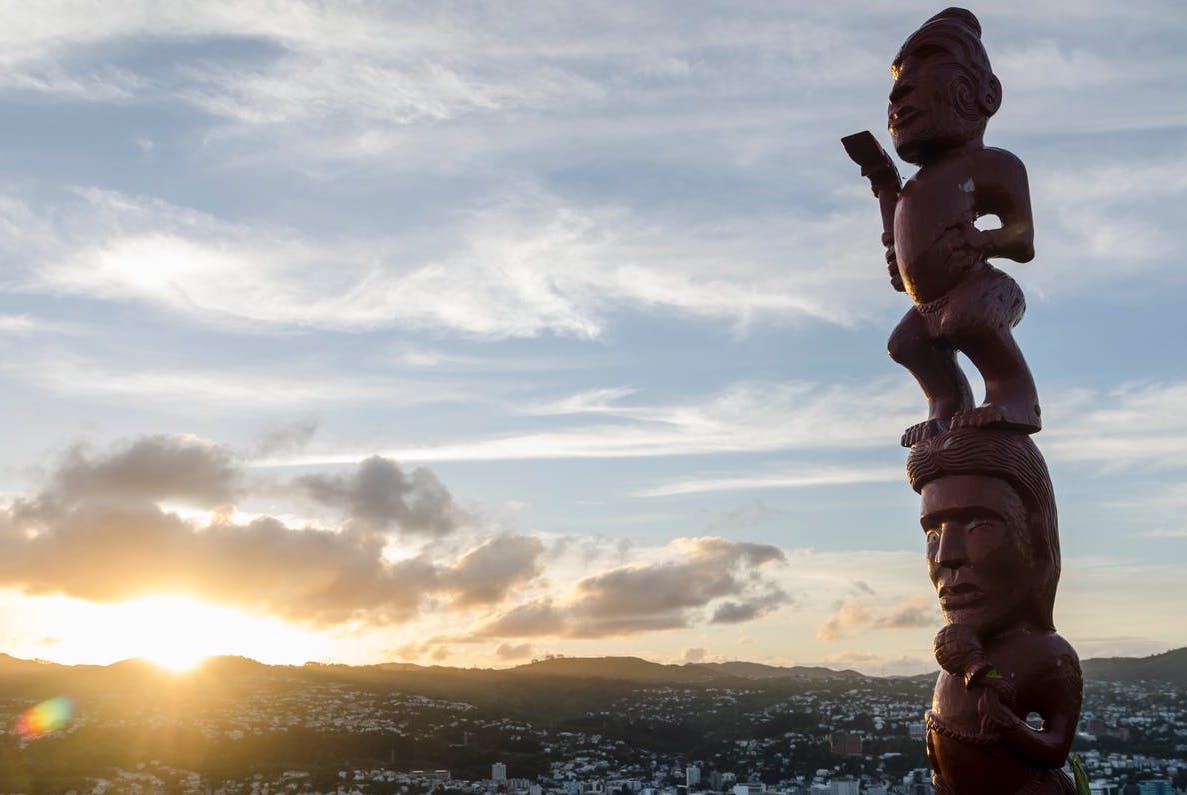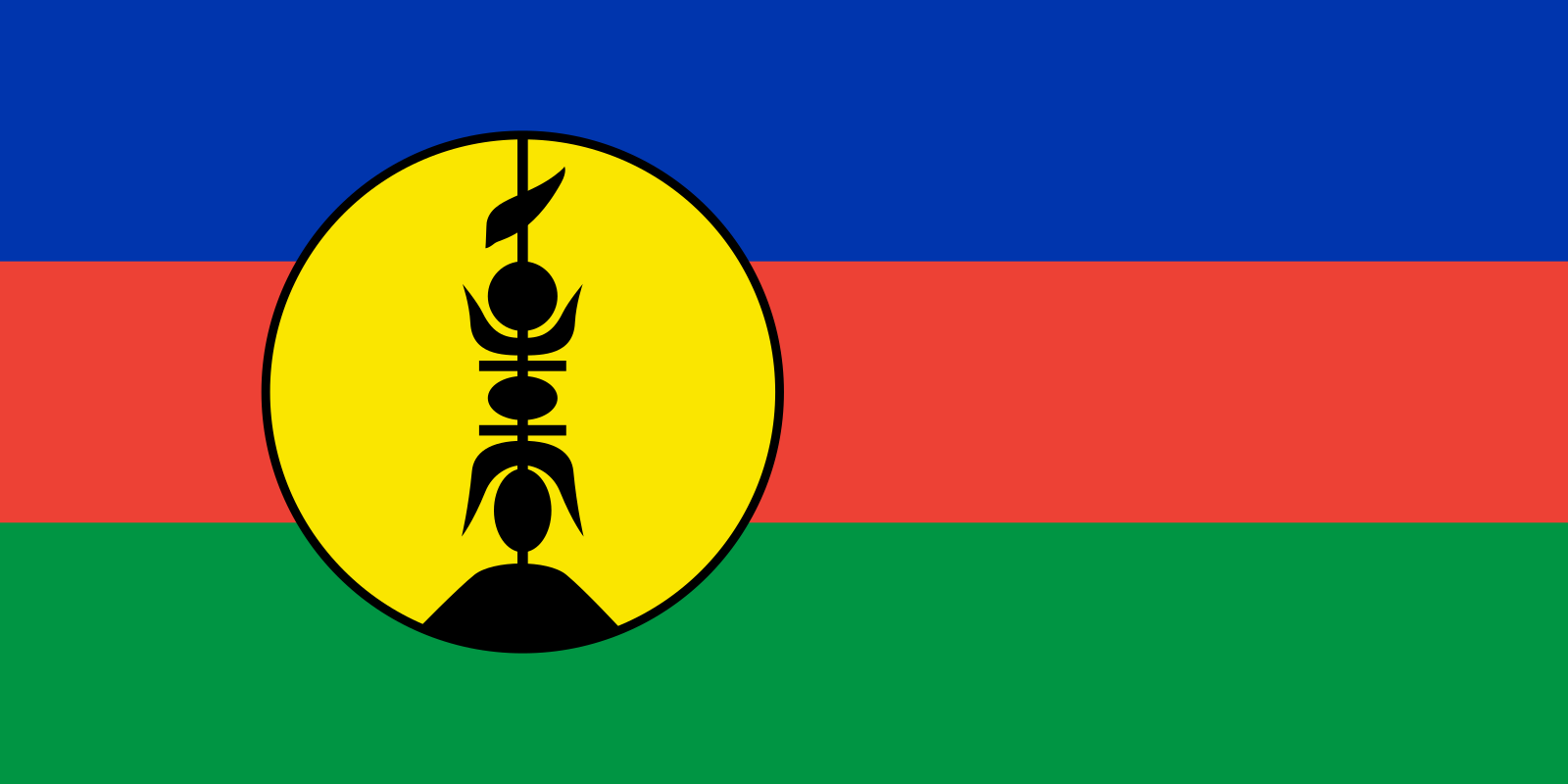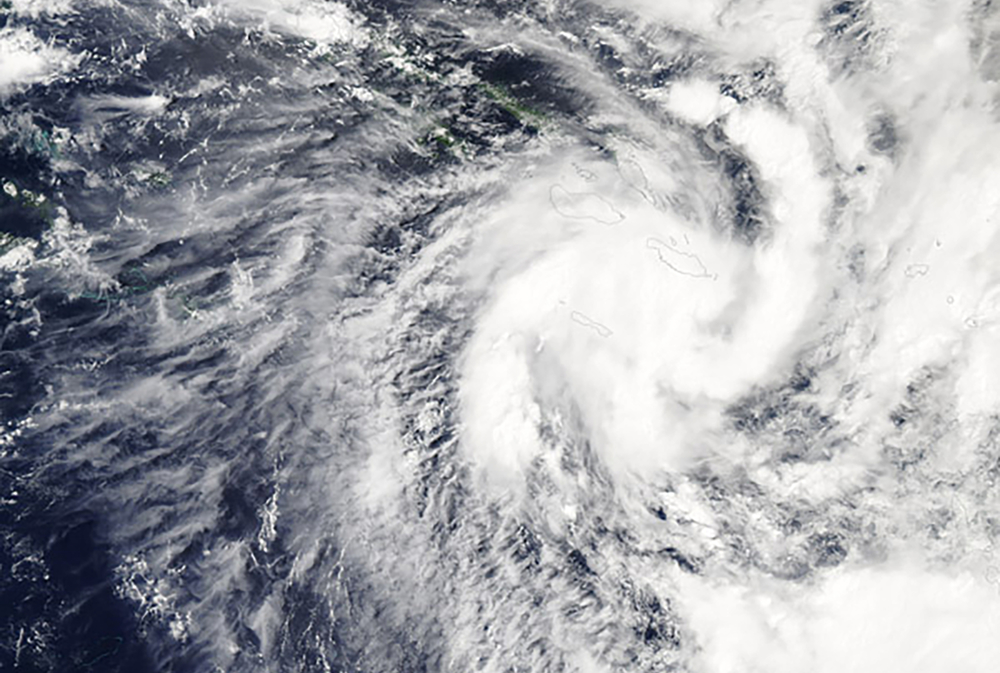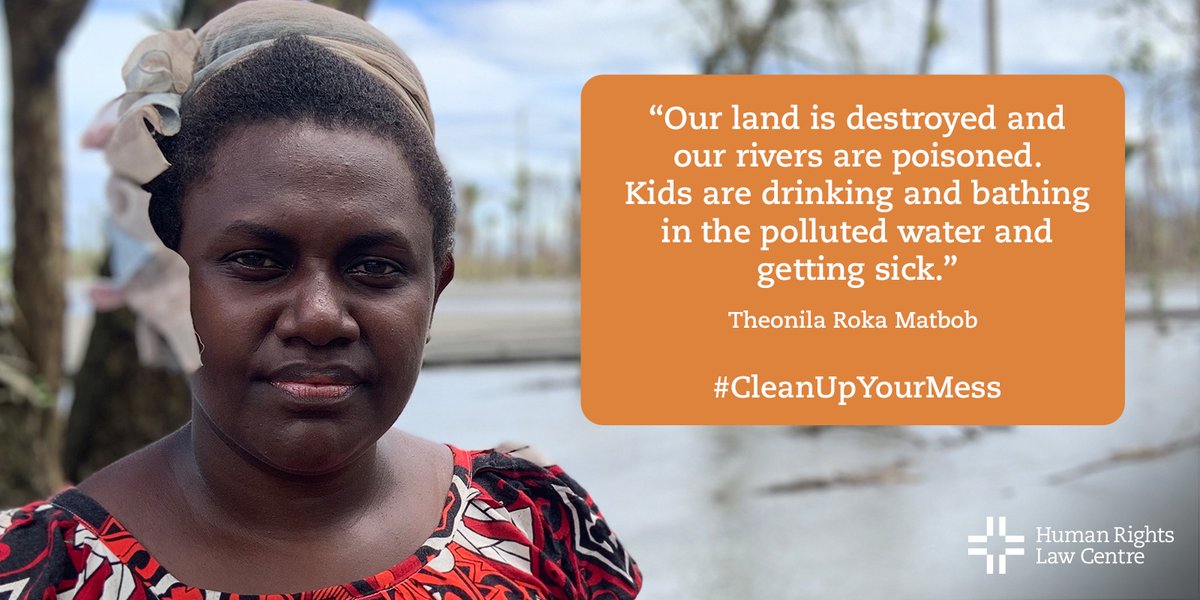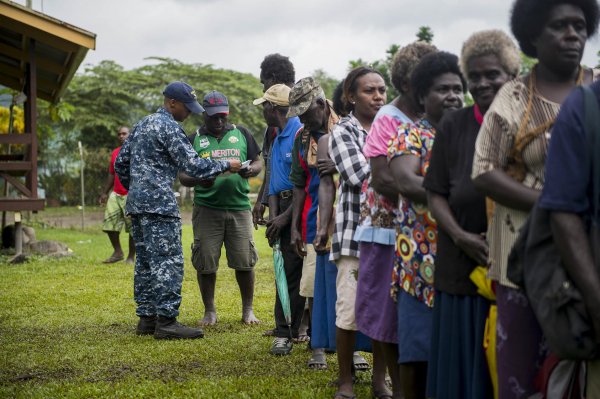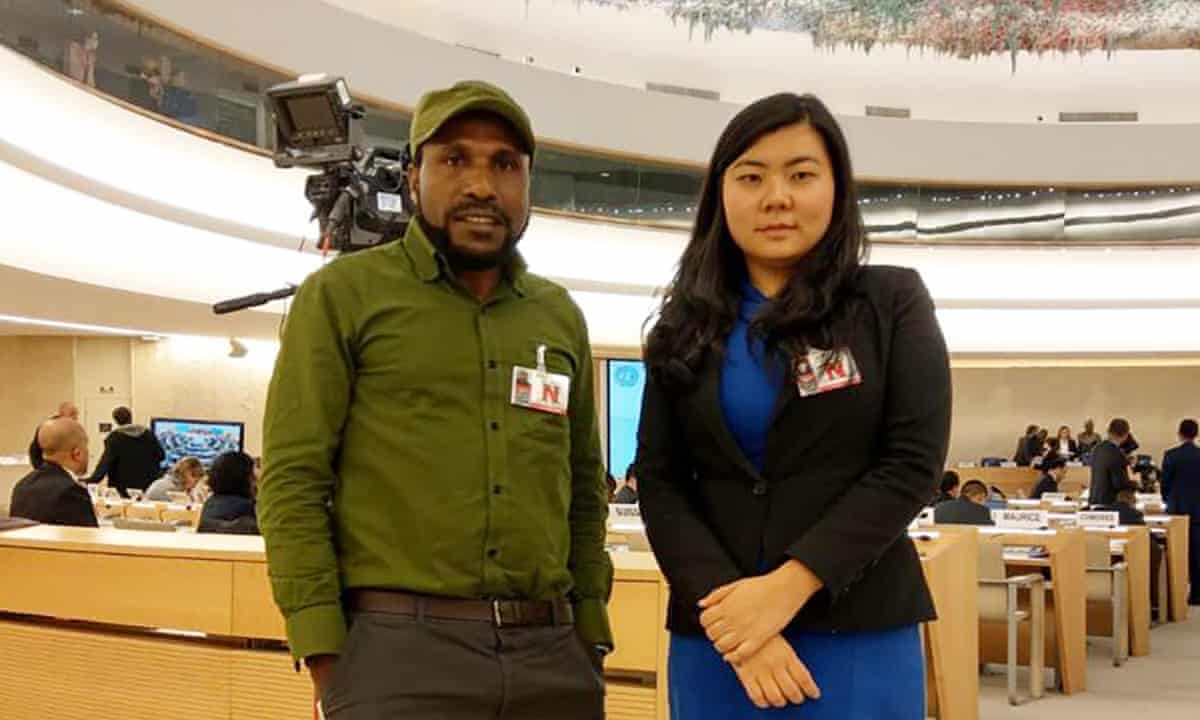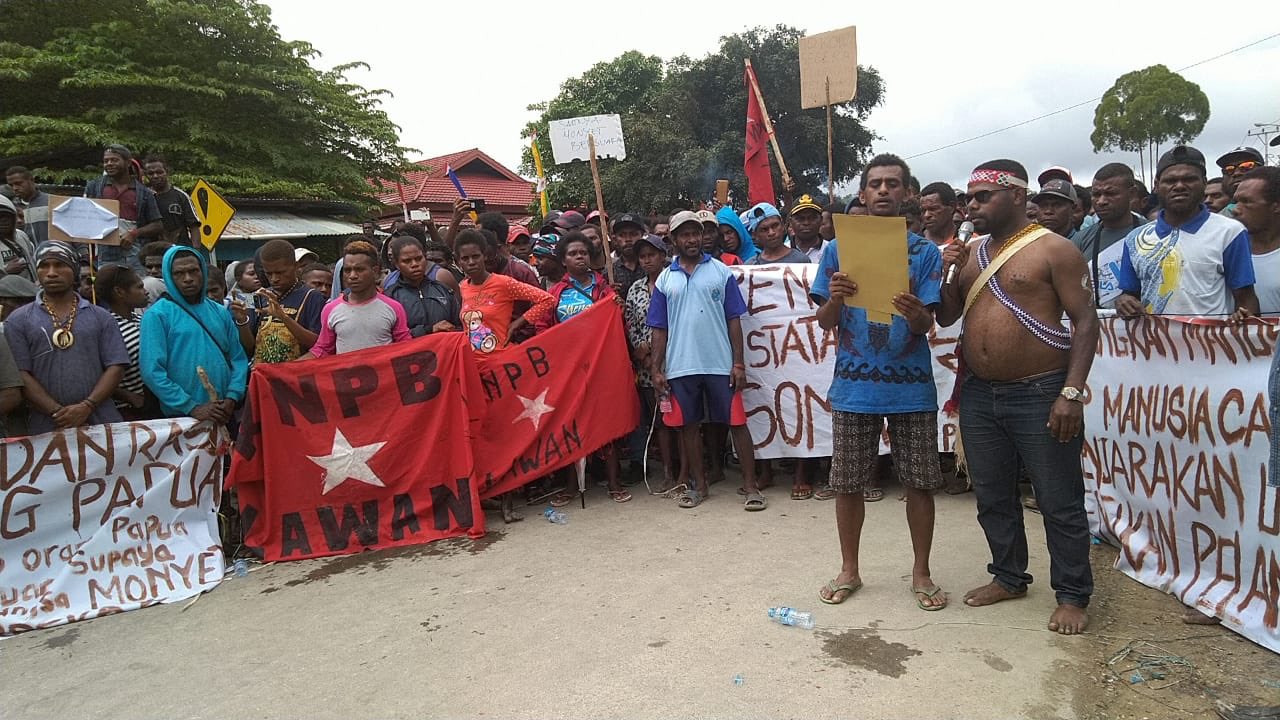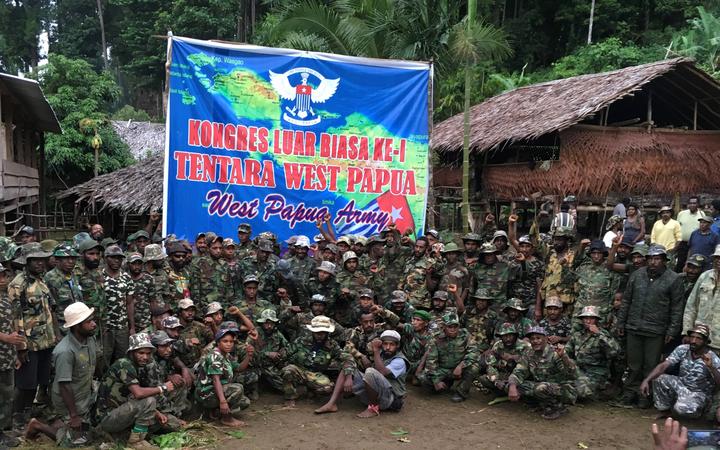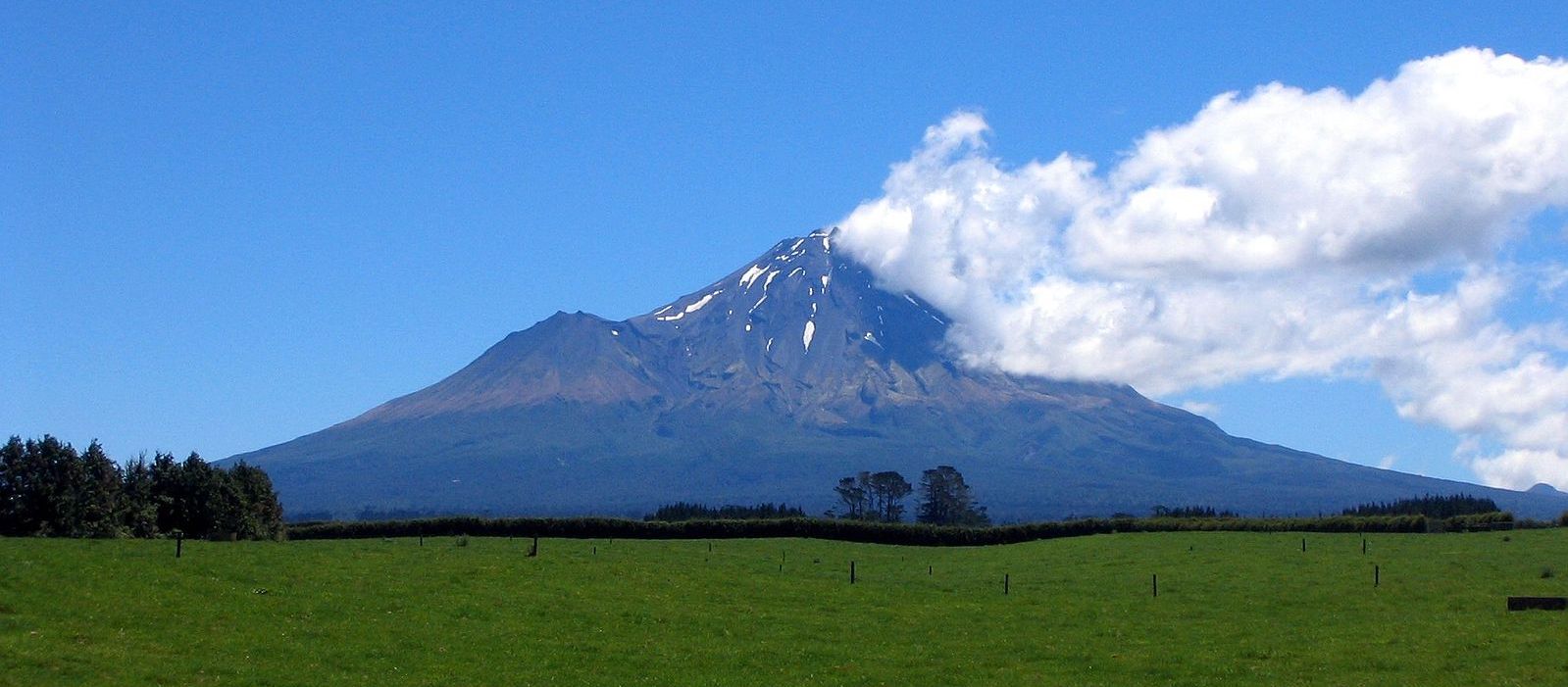
New Zealand settles Maori land claim
New Zealand iwi (Maori kinship group) Ngāti Maru signed a deed of settlement with the Crown, resolving its historical land claims under the 1840 Treaty of Waitangi. Ngāti Maru is the last of eight iwi in Taranaki, a North Island region, to settle its claims under the treaty. The Minister for Treaty of Waitangi Negotiations, Andrew Little, announced in a statementthat the iwi, which comprises 2,800 registered members, will receive financial and cultural redress as part of the settlement, including an apology from the Crown. The financial redress is valued at NZD$30 million (about USD$20 million). The agreement also includes the vesting of 16 culturally significant sites to Ngāti Maru. (Photo: Wikimedia Commons)




